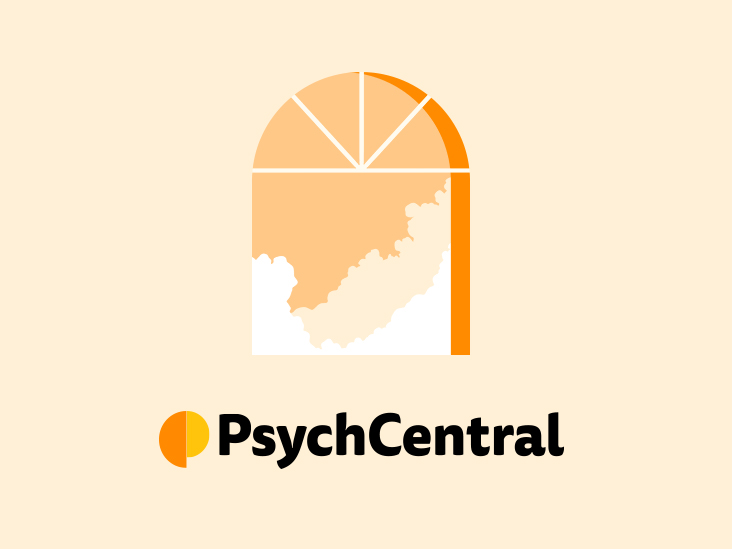Children grow and change quickly, both physically and emotionally. As parents, we strive to help our children understand who they are, what they believe, and how to become independent, competent adults. We do not try to raise clones of ourselves, but recognize that our children are separate and unique and that we must help them become their authentic selves with love and acceptance.
Developing a sense of independence is one of the main tasks of adolescence, but children want to understand themselves and the world long before they reach adolescence. Self-understanding helps us all navigate life and make meaningful connections. Without it, we feel lost and alone.
The benefits of understanding yourself include:
- Ability to regulate your emotions and moods
- Satisfying relationships with others
- A strong sense of self-esteem
- Achieve your goals
- Independent thinking
- Act in accordance with your beliefs
- Ability to respond rather than react
- Thoughtful decision making
- Self-acceptance
From the beginning, our goal is that our children will eventually individualize or separate from us; not only physically (moving away from home), but also emotionally. We want our children to understand and acknowledge their feelings, to be able to calm themselves when they are upset, and to have the coping skills to overcome difficulties. We want our children to think for themselves, develop their own ideas, and recognize that they may have feelings and beliefs that are different from ours.
The self-awareness exercises below were adapted from the original 26 questions to help you get to know yourself better that I wrote for adults. These proved so popular that I was encouraged to create a similar list to help children know and understand themselves better.
Some notes on the 26 questions to help children know themselves better: These journaling questions or prompts are generally appropriate for children ages 10 and up, but please use your judgment when asking them of a specific child. These questions can evoke strong feelings or memories in some children. It is important that you give them the opportunity to process their responses and feelings with a supportive adult, but that you also respect the child’s privacy (unless you are concerned about their safety).
- What are yourstrengths?
- If you could live anywhere in the world, where would it be? For what?
- What are your goals for this school year?
- Who do you talk to when you have a problem? How do they help?
- What do you like to do for fun?
- What are you worried about?
- What would you like your parents to know about you? What would you like your friends or classmates to know about you?
- If you had one wish, what would it be?
- What are you ashamed of?
- Where do you feel safest?
- If you weren’t afraid, what would you do?
- What does failure mean to you? Have you ever felt like a failure? How did you cope?
- How can you say you’re angry? What does your body look like? What are you thinking about?
- How are you different?
- What do adults (parents, grandparents, teachers, etc.) tell you that really matters to you? Do you think they are right?
- What do you do when people don’t seem to like you?
- What is your proudest achievement?
- What things are within your control? What is out of your control? How does it feel to notice that some things are beyond your control?
- What do you like about your school? What do you not like?
- What do you do when you’re stressed?
- What could you say to yourself that’s nice?
- What is your fondest memory?
- What do you do when you feel depressed? Do you think it’s okay to cry? Do you think it’s okay to scream?
- What is your favorite book? Movie? Band? Food? Color? Animal?
- What are you grateful for?
- What do you like about yourself?
*****
2016 Sharon Martin, LCSW. All rights reserved. Photo by stockimages on Freedigitalphotos.net
